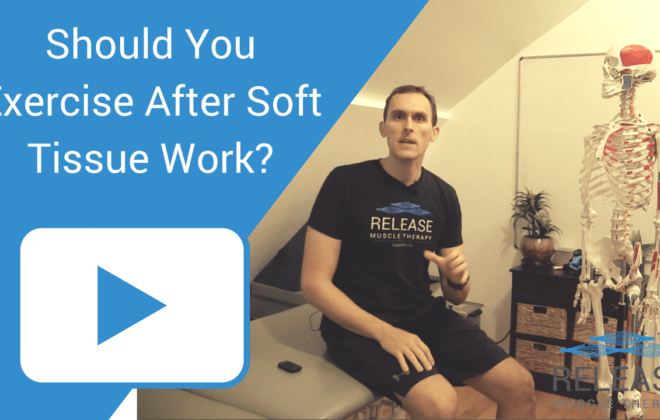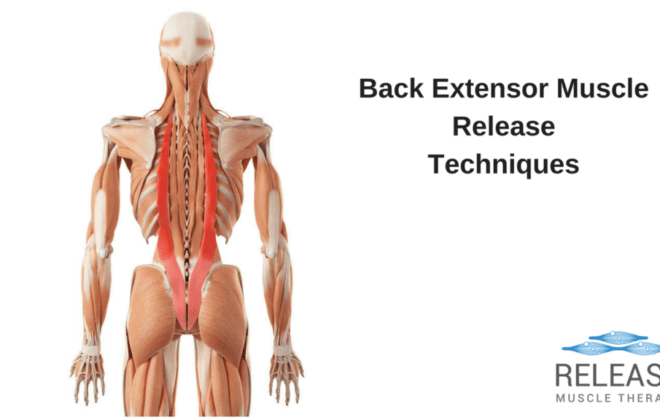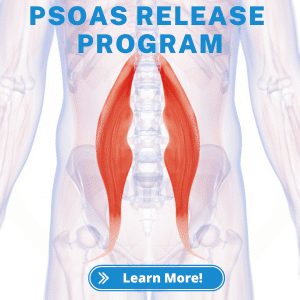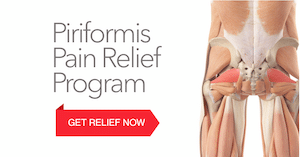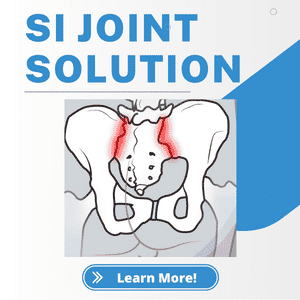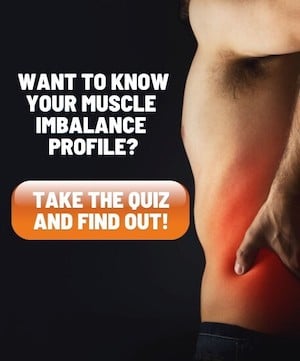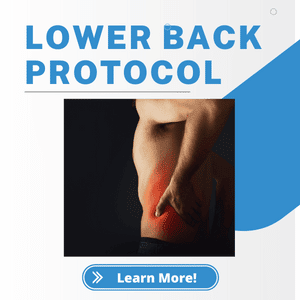Ways Massage Therapy Can Benefit Mental Health
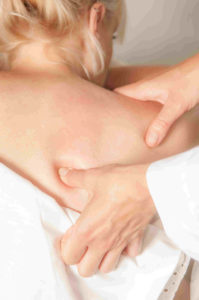 Receiving a massage is comforting and relaxing. It is therapeutic after a long day at work. Moreover, it is a pleasing experience if you have muscle cramps or any type of musculoskeletal problem. Massage stimulates the blood flow and the lymphatic return while modulating the nervous system at different levels.
Receiving a massage is comforting and relaxing. It is therapeutic after a long day at work. Moreover, it is a pleasing experience if you have muscle cramps or any type of musculoskeletal problem. Massage stimulates the blood flow and the lymphatic return while modulating the nervous system at different levels.
We should also highlight the psychological effects of massage therapy. There are different ways massage therapy can benefit mental health. Nervous system modulation during a massage session influences higher brain functions, and various massage techniques can change our mood and mental state.
In this article, we’re going through the main mechanisms and what to expect emotionally after a massage therapy session.
Does massage help with stress and anxiety?
In different ways, massages can benefit mental health and multiple brain parameters. They mainly reduce the sensation of stress and anxiety. That is probably the first thing you feel after a few minutes at a massage table. Shortly after the massage has started, you become aware of the tense muscles in your body and feel prompted to release them.
Massage strokes help release the muscle tension, and it feels great. It only takes a few minutes after relaxing your muscles until you start feeling stress going away. Anxious thoughts leave you for a while, and you start truly enjoying the moment.
So, does a massage helps with stress and anxiety? It depends on the type of massage. If you receive a relaxing massage, it will definitely make a difference in your anxiety levels. Students and people who lead a stressful life can experience the benefits first hand (1,2).
How does massage help with stress?
There are multiple benefits of massage for stress. All of these will reduce your stress levels (3):
- Massage reduces muscle tension. By doing so, your body feels relaxed and calm.
- After a few minutes, you start feeling more self-aware. Focusing on the hands on your skin reduces anxious thoughts while enjoying the experience.
- Massage therapy features a reduction of muscle aches and pain. The emotional response to pain can be a source of stress and is now gone.
- After some time, you feel so relaxed that stress transforms into drowsiness. In some cases, very stressed people are the first ones to fall asleep during a session.
- All of the changes listed above trigger a reduction of stress hormones. Lower levels of cortisol will also reduce your emotional and physical tension.
How does massage promote relaxation and reduce stress and anxiety?
Everyone knows that massage therapy can help when you're feeling stressed or tight, but let's dive deeper into the topic and understand what happens in your body when you receive a massage. What is changing, and why is it reducing your stress and anxiety levels?
Muscle tension is one of many responses of the autonomic nervous system to prepare you for a fight. It is a fight-or-flight response triggered by the sympathetic nervous system, which also acts on your brain, causing anxious thoughts. Essentially, when your muscles are tense, the chances are that your brain is also firing a fight-or-flight impulse. An overload of neurotransmitters causes excessive stimulation, nervousness, and agitation. This translates into what we associate as stress and anxiety (4).
Relieving muscle tension also has an effect on the brain and the rest of the nervous system. It activates the parasympathetic nervous system and induces relaxation and emotional calmness.
The mechanism is not yet understood but apparently it has a physiological and cognitive component. In other words, your body automatically triggers inhibitory neurotransmitters to calm down your brain in response to decreasing muscle tension. Your conscious mind also contributes and tells your brain that it is time to relax, enjoy the experience, and stop worrying about the past and the future (4,5).
What type of massage is best for depression?
The emotional benefits of massage therapy include changes in your mood and a reduction of depressive symptoms. Several authors have reported encouraging results in different types of massage and mental health research.
There is so much evidence in the field that many authors have gathered data from different sources to merge them into a meta-analysis. According to evidence, as little as one massage therapy session reduces anxiety in individuals, but it takes a bit more time and multiple sessions to reduce depressive symptoms. The effect is similar to psychotherapy and works even better when a psychotherapist is involved (6).
But there are different types of massage. What type should you request if you want to focus on the emotional benefits?
Most types of massage bring about these benefits, especially whole-body massage, soft tissue massage, and specific techniques such as:
- Swedish massage
- Deep tissue massage
- Neuromuscular therapy massage
- Myofascial release
You could ask your massage therapist for aromatherapy, too. Interestingly, this field is in early research, and there’s still much to learn about it. However, everything seems to point out that essential oils contribute by soothing your mind, reducing anxiety, and calming down depression (7). The best essential oils to boost the emotional benefits of massage therapy include:
- Chamomile
- Grapefruit
- Jasmine
- Sweet orange
- Frankincense
In most cases, anxiety and depression share a common link. Thus, relieving depressive symptoms can be a secondary benefit after anxiety has decreased. That’s why you probably need to wait for a few sessions before massage therapy triggers a lasting effect on your mood. Meanwhile, talk to your therapist about it, and do not hesitate to look for professional help if you still don’t have one.
Conclusion
In this article, we have explored several ways massage therapy can benefit mental health. First off, massage therapy works directly on your muscles, causing a reduction of muscle tension. Such change also triggers the activation of the parasympathetic nervous system, which in turn causes a sensation of relaxation. After a while, you will be enjoying the experience instead of worrying about problems outside of the massage table.
The benefits of massage for mental health extend to the field of depression in some people. If your depressive symptoms are associated with anxiety, there will be a higher chance of improvements.
References
Berggren, S. (2004). Massage in schools reduces stress and anxiety. YC Young Children, 59(5), 67.
Glaser, D. I. (1990). The effects of a massage therapy program on reducing the anxiety of college students (Doctoral dissertation, San Jose State University).
Moraska, A., Pollini, R. A., Boulanger, K., Brooks, M. Z., & Teitlebaum, L. (2010). Physiological adjustments to stress measures following massage therapy: a review of the literature. Evidence-Based Complementary and Alternative Medicine, 7(4), 409-418.
Conrad, A., & Roth, W. T. (2007). Muscle relaxation therapy for anxiety disorders: it works but how?. Journal of anxiety disorders, 21(3), 243-264.
Goral, K. E. (2011). The Effects of Massage Therapy on Autonomic Nervous System Activity, Anxiety, and Stature in Anxious Individuals. (Doctoral dissertation, University of Wisconsin-Stout).
Posadzki, P., & Parekh-Bhurke, S. (2011). Incorporation of massage into psychotherapy: An integrative and conjoint approach. Chinese journal of integrative medicine, 17(2), 154-158.
Lee, J. R., & Hong, H. S. (2005). Effects of aromatherapy and foot reflex massage on stress, depression, and sleep pattern of the institutionalized elderly. Journal of Korean Biological Nursing Science, 7(2), 17-30.
Tags In
Sam Visnic
Most Popular Posts
Categories
- Deep Gluteal Pain Syndrome (8)
- Deltoids (2)
- Foam Rolling (2)
- Glutes (9)
- Hamstrings (5)
- Hypnosis for Pain (3)
- Lats (2)
- Levator Scapulae (4)
- Lifestyle (8)
- Massage Therapy (39)
- Mobility (21)
- Movement and Exercise (19)
- Muscles (22)
- Nutrition (2)
- Obliques (1)
- Pain (25)
- Pectorals (3)
- Piriformis (3)
- Plantar Fasciitis (11)
- Psoas (11)
- Quadratus Lumborum (3)
- Quadriceps (2)
- Rhomboids (3)
- Sciatica (1)
- Serratus Anterior (1)
- SI Joint (14)
- Sternocleidomastoid (1)
- Stretching (18)
- Subscapularis (1)
- TMJ (2)
- Trapezius (1)
- Uncategorized (12)

